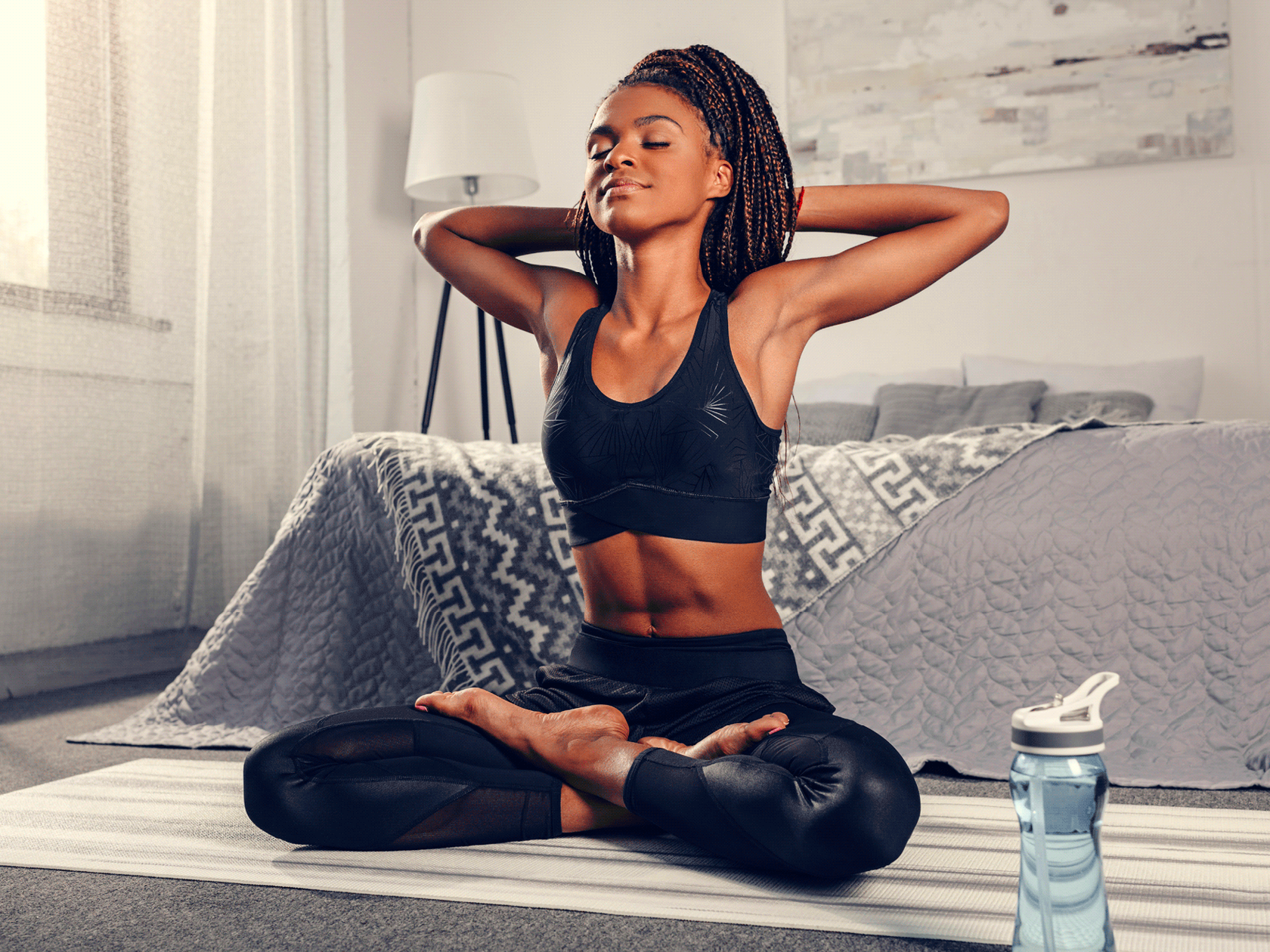Does it matter if you’re a morning lark or night owl when it comes to working out?
We all have personal preferences when it comes to exercise. Some people love getting outside to run, while others would rather get their heart rate up during indoor cycling. Fasted training works for certain people, while many can’t fathom the idea of even leaving the house without breakfast let alone push their body to exercise. But one topic of conversation that really causes a stir is centred around when we train
First thing in the morning, during your lunch break, straight after work or before bed – whatever you do, we bet you can’t imagine any other way. But is there an optimal time to train that you might be missing out on?
So we turned to expert trainers to explain when we should be hitting the gym floor to get the most out of our workouts.
You may also like
Does weight training make women bulky? Fitness trainers answer the most Googled questions
“This is subjective depending on the person, what they want to achieve and also their own schedule,” begins Emma Obayuvana, member of the Strong Women Collective. “You might want to explore the benefits of training at different times and tailor that for your own needs.”
Tess Glynne-Jones, trainer at Rowbots, agrees: “I think it completely depends on the person. However, you might want to adapt your training style depending on the time of day. For example, with strength training, it’s best to be fuelled beforehand, so you might not want to do that first thing in the morning and instead focus more on cardio if you are training pre- 9 AM.”

What are the benefits of morning training?
A study published in the Journal of Transitional Medicine showed that training first thing in the morning, on an empty stomach, is optimal for resistance training and maintaining muscle mass. But it has more benefits than that: “It can mentally set you up for the day, helping you feel more organised, refreshed and energised,” says Emma.
Tess agrees that morning workouts are great for the mind: “From experience, my most productive clients are in the morning. And often they seem to be a bit happier too because if you train at the end of the day, you are often distracted by the stress of the day or simply knackered and not wanting to train. I’d say morning or lunchtime tend to be the best.”
Another good reason for training earlier in the day is that it can help us avoid that afternoon slump. According to research published by the American Psychological Association, a walk was associated with higher energy and lower tension than eating a snack. “I think quite a good tip is that if you have flexibility with taking breaks, try to go to the gym mid-morning so you have time to fuel beforehand and it’s not peak time,” suggests Tess.
You may also like
What is cortisol and how can exercise impact levels of the hormone?
Should you exercise in the evening?
“Evening training can be good after a stressful day so you can use all that pent up stress and energy to channel into your workout and get a restful night’s sleep afterwards,” says Emma. “We can also have a longer time to work out, as there’s nowhere to rush off to after.”
However, evening exercise does come with its own downfalls, mainly overstimulation too close to bedtime. “Often our schedules are busy so we race to the gym really late, do a workout, rush home, have a shower and then try and sleep. In reality, we need time to come down from the buzz of exercise before we sleep,” Emma explains.
“Training puts your body into a really stressed state. We need to soothe our parasympathetic nervous system after we train. So if you sleep really soon after exercising, it might take your body a couple of hours to actually go into recovery mode,” adds Tess. “I would usually suggest training pre-6pm, but if you are a natural night owl then a bit later is OK, “as if you’re not going to bed until midnight you will have a few hours of recovery before sleep.”
So, the jury’s still out, but ultimately it’s going to come down to what works for you, your schedule, your mood and your sleep. Because the best type of training is one that’s enjoyable and sustainable.
Follow @StrongWomenUK on Instagram for the latest workouts, delicious recipes and motivation from your favourite fitness experts.
Images: Getty
Source: Read Full Article
